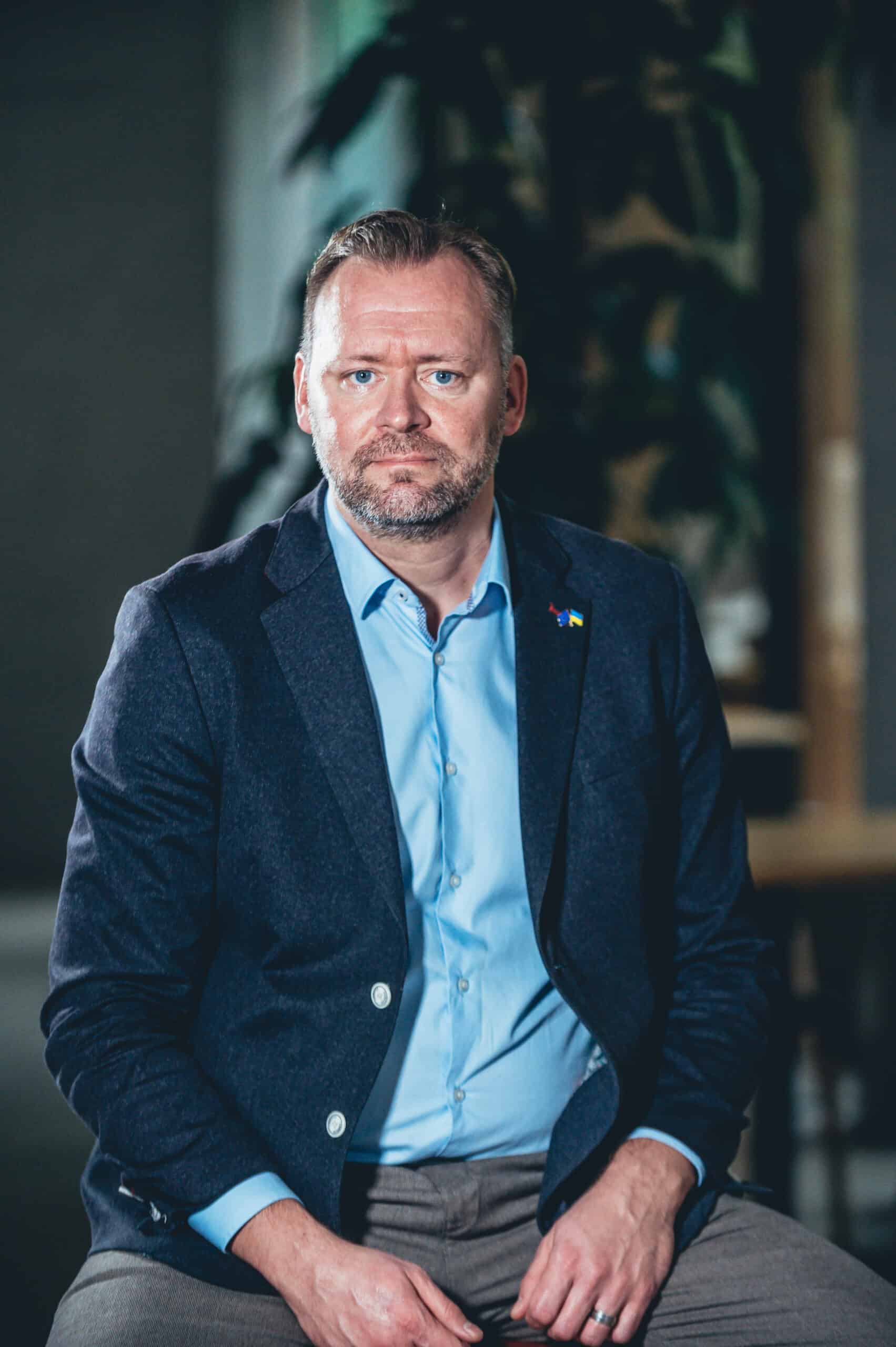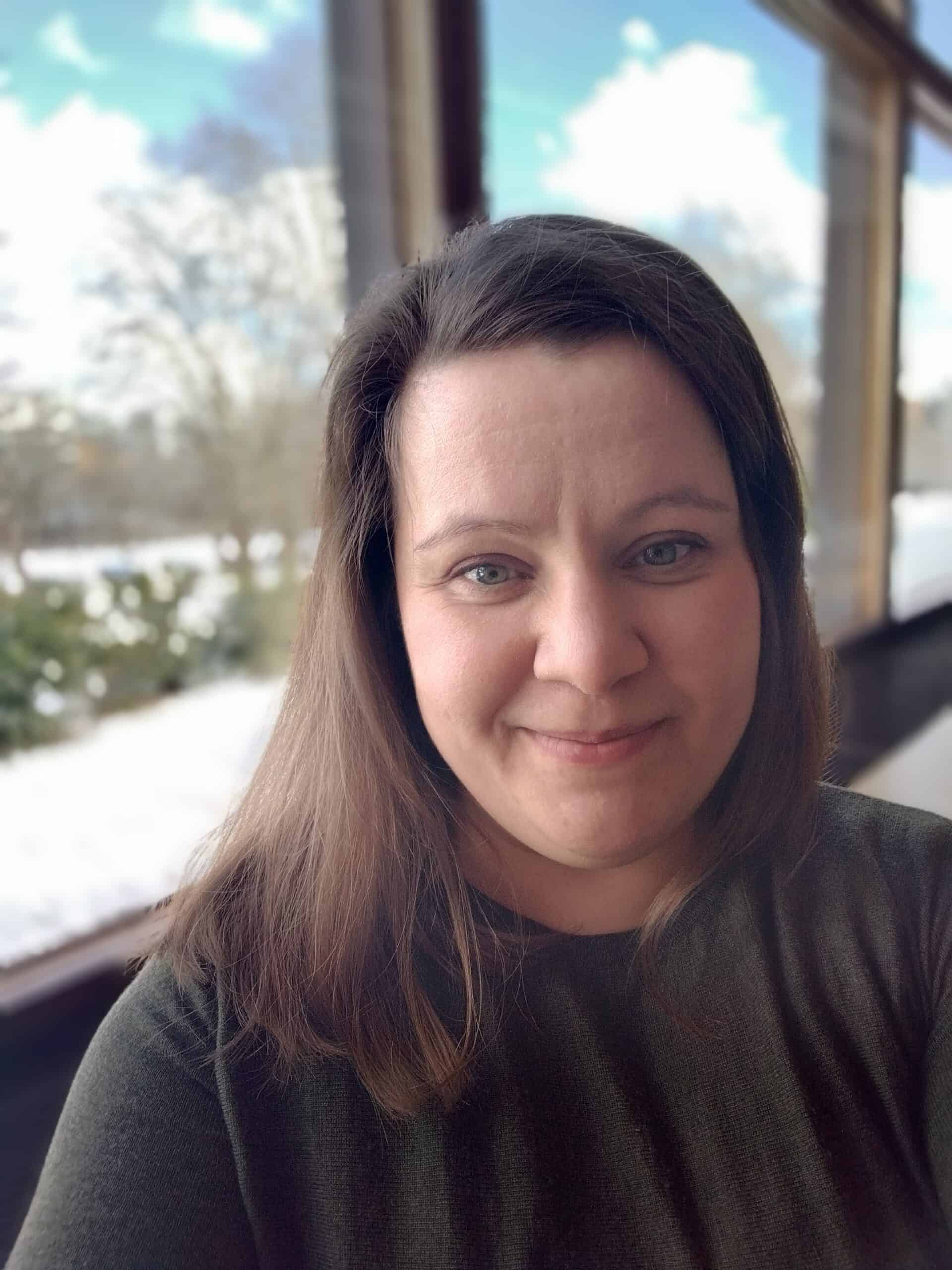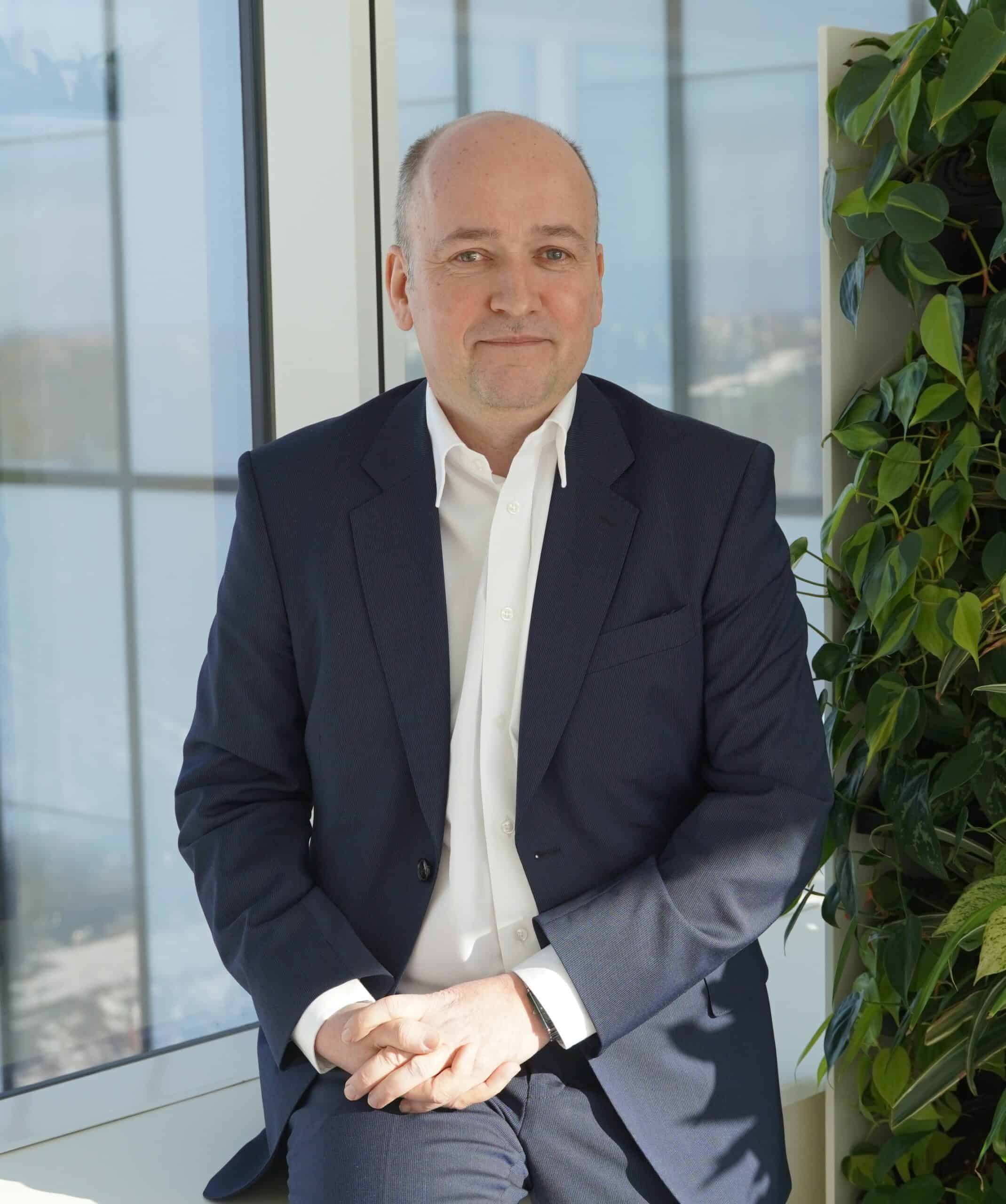
6 April 2023
Core projects tune in to the implementation of the EU Strategy for the Baltic Sea Region
Written by Elena Kolosova
Core projects help implement actions of the EU macro-regional strategy
The first core projects in Interreg Baltic Sea Region are developing solutions to the challenges shared by the countries around the Baltic Sea. They are tuning in to the EU Strategy for the Baltic Sea Region (EUSBSR). They help implement important actions of the EUSBSR action plan, and in practical steps contribute to the achievement of the Strategy’s objectives: “Increase Prosperity”, “Save the Sea”, and “Connect the Region”.
Inclusive and sustainable growth with the EUSBSR
A whole bunch of eight core projects helps implement actions of the EUSBSR policy area (PA) Innovation. For example, a few of them focus on various aspects of challenge-driven innovation, the very first action of the PA. In the project We make transition! public authorities work with civil society on social and ecological challenges, putting them at the core of regional and local development. The BSI_4Women project helps women refugees from Ukraine and other countries start their own businesses and become active community members, another urgent challenge in the Baltic Sea region. And the BALTIPLAST project looks at the challenge of single plastic use, aims to reduce plastic waste and use it as a resource for recycling. The TETRAS project takes advantage of regional marine resources and triggers fish and shrimp farming on land to sustainably produce blue food.
Thanks to these projects’ solutions, the coordinators of PA Innovation will be better off at turning the challenges into opportunities for sustainable growth in the Baltic Sea region.
Esa Kokkonen:
“Facilitating the development of shared innovative solutions for common macro-regional challenges is at the core of both Interreg Baltic Sea Region and the EUSBSR Policy Area Innovation. Ambitious agendas for the twin transition and the positive urgency of their implementation underline the importance and opportunities for joint macro-regional innovation actions.

This was proved in the first call of Interreg BSR. The approved projects cover all three PA Innovation priorities: Challenge-driven innovation, Digital innovation and transformation, and Co-creative innovation. They make a strong and timely contribution to the twin transition and strengthen the post-COVID resilience in the Baltic Sea region.
For example, the Liveability partnership prepares, pilots and transfers a capacity-building programme for public interest design, addressing both the city-wide and civil servants. Another example is the Sustainability Reporting Tool project creates a digital reporting environment for sustainability reporting of companies in line with the EU Corporate Sustainability Reporting Directive (CSRD). Finally, and importantly, one of the projects tackles the most tragic humanitarian crisis in Europe caused by Russia’s military invasion of Ukraine and facilities macro-regional support for Ukrainian refugees. The Baltic Sea Initiative for the Development of Business Activity of Refugee Women project creates a friendly economic environment for women entrepreneurs and innovators from Ukraine but also from others countries in a similar situation.
Cleaner Baltic Sea waters with the EUSBSR
Three core projects help improve the state of water in the region and make its management more sustainable. They help implement the action of the EUSBSR policy area Nutri focusing on the reduction of nutrient emissions from point sources. In the projects WaterMan and ReNutriWater, public authorities and water companies test solutions to reuse treated wastewater and recirculate retained water.
The NURSECOAST-II project helps near-coast touristic areas adapt to the seasonal increase of wastewater by investing in wastewater treatment solutions. Thanks to these projects, the coordinators of PA Nutri will have results of innovative and nature-based solutions tested by the project partners that help reduce discharges to the Sea and can be further communicated to local administrations around the Baltic Sea.
Elsi Kauppinen:
“PA Nutri is pleased to see three great core projects in the subject of urban areas and other point sources. We are looking forward to working on strengthening their visibility and reach towards the whole Baltic Sea region.

WaterMan and ReNutriWater are both working towards finding new ways to improve the efficiency of water usage. It is still common to waste safely reusable water, that could be utilised for purposes such as recreational area watering or carwashes. The solutions these projects create can be used to alleviate the risk of drought for societal functions, especially in the drought-prone areas of the Southern parts of the Baltic Sea region. NURSECOAST-II continues the work of developing efficient technological solutions for wastewater treatment in small touristic towns.
Even after decades of progress in wastewater treatment practices, there is still a need for improvement. Focus is slowly shifting from the treatment of wastewater towards the reuse of any resources it contains and towards the update of the Urban Wastewater Treatment Directive. The new core projects will develop solutions that will push the progress in both matters in the Baltic Sea region.”
Greener transport with the EUSBSR
Other three core projects address the environmental performance of different transport modes. They help implement the action of the EUSBSR policy area Transport on the development of solutions towards climate-neutral and zero-pollution transport. The Blue Supply Chains project helps port authorities reduce harmful emissions from ships operating at ports, and model zero-emission waterway transportation between Baltic ports. The HyTruck project helps design a network of hydrogen refuelling stations for large trucks, bringing the region closer to zero–emissions in road freight transport. And the CITYAM project integrates a new mode of transportation – urban air mobility solutions, or drones – in urban logistics and mobility.
With these projects’ solutions, the coordinators of PA Transport will have a better capacity to drive the region towards reducing greenhouse gas emissions from the transport and logistics sector and greening the transport sector.
Tarmo Ots:
“I would like to emphasise that one main fundamental principle of the PA Transport is to treat all transport modes in an equal way and promote activities in different sectors.

Therefore, the fact that these projects cover land, sea and aviation sectors makes me feel very satisfied. In addition to that, if we take a deeper look into these projects, we will see that described activities deal with aspects of climate neutrality, environment protection, innovation and connectivity. In my personal opinion these initiatives have potential to give a positive input to make the transport sector in our region more sustainable and carbon emission free.”
The EUSBSR framework for the projects
The EUSBSR offers its framework to help the core projects succeed in the best possible way. The coordinators of the EUSBSR thematic policy areas connect the core projects to their steering groups consisting of representatives of the national or regional governments of the EUSBSR Member States and Norway. The coordinators also help communicate the projects’ solutions to their thematic networks in the Baltic Sea region and beyond.
All of the first 31 core projects bring solutions that help implement actions of the EU Strategy for the Baltic Sea Region. Core projects contribute to further policy areas of the EUSBSR: Energy, Culture, Bioeconomy, Hazards, Health, Ship, Tourism, and Spatial Planning. You can learn more about them in our Project library.
More recent news
Grand results of the first round of small projects!
Despite the winter scenery, the results of 17 finalised Interreg Baltic Sea Region projects are in full bloom! And behind them lie two years of intensive work across borders, mutual learning and inspiration, and connections that last.
Climate-neutral future at hand for Baltic Sea region cities
Turning a city into a climate-neutral one requires knowledgeable people, thorough planning and solid financial resources. But how can cities manage this transition smoothly? The Interreg project Climate-4-Case guides cities around the Baltic Sea on how to do that right.
Designing Interreg Baltic Sea Region that belongs to everyone
10 December 2025 Designing Interreg Baltic Sea Region that belongs to everyone Written by Eeva Rantama What if the next Interreg Baltic Sea Region...
Monitoring the Programme’s progress: transnational cooperation in the making
Representatives from nine Programme area countries gathered in Berlin on 19-20 November 2025 to review the progress of the Programme’s implementation and start preparing for the post-2027 period.






